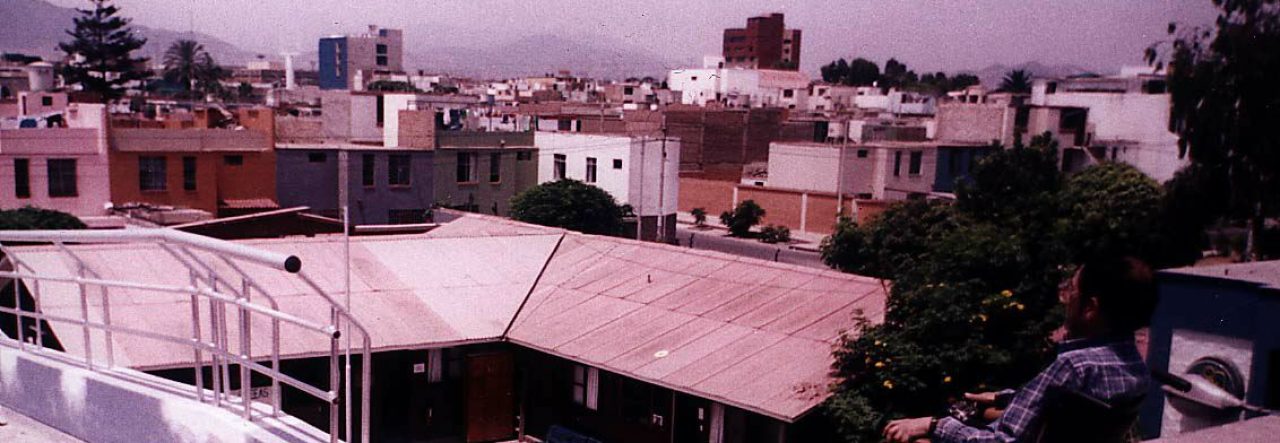Welcome to Julio’s first podcast episode. After passing around different ways Julio could blog without having to type too much with weakened hands, I said, “Why don’t we just record our conversations and put them on your blog in a podcast?” So that is what we have done, and we hope this will help Julio both stay in contact with his friends in the disability and education communities abroad, as well as anyone else interested in hearing reflections from a person with spinal muscular atrophy hailing from Lima. Unfortunately, we don’t have the manpower to transcribe/translate the episodes for now, but I hope this letter from Julio, dictated in Spanish using Dragon and translated by yours truly, will serve as a nice summary for non-Spanish speakers or those unable to play the audio.
Hello friends,
My name is Julio Chojeda Torres. I have had spinal muscular atrophy since birth, I live in Peru, and I don’t do much. I am 68 years old. To live so long with this neurological condition is a miracle not only in my country, but in any third world country, because the laws in favor of people with disabilities do not work, not only because of a lack of budgeting, but because they are often not enforced.
You ask me if Peru is a developing country or a third-world country. For me, both terms mean the same thing, and they are used to refer to poor countries of our Latin America, the countries located on the African continent, and any other continent if the country is in a situation of poverty. The term “third world” was used for the first time during the Cold War to refer to non-allied countries, while the United States and its allies were dubbed “first world” and Russia and its supporters, “second world.” The term “developing countries” sounds better and is less pejorative, because we only ever know our own single world.
Matt, you ask me if Peru could become a first-world country in the span of a decade, as some people claim. If the question was answered by someone from today’s government or another representative of the governing elite, he would tell you that the gross domestic product of Peru has increased considerably in the last 20 years and that becoming a first-world country would be around the corner. When I was a child, I was intrigued by a quote that the famous researcher of the Peruvian reality, Antonio Raimondi, had expressed at the end of the nineteenth century, referring to his enormous riches: “Peru was a beggar sitting on a bank of gold.” In the 50s, the export products of this “beggar” were sugar and cotton, as well as copper, silver and gold. Sixty years later, Peru is not an industrialized country, and as before, it continues to sell raw material to first-world countries, including China, without receiving the just compensation it deserves for being the owner of such natural resources. Economic growth is not the same as development, and Peru, without solid institutions like the judiciary, which does not ensure the law prevails over the interests of the government of the day or other groups with power, it is still far from achieving that national objective that history would approve.
That is all, friends. Until next time.
Thank you,
Julio
PS. Websites describing the situation of abandonment of people with disabilities in Villa Rica, northeast of Lima.
http://discapacidadaccion.blogspot.pe/2016/12/peru-en-documental-espanol-discapacidad.html
The situation of people with disabilities in Lima is not much different, even if appearances say otherwise.
